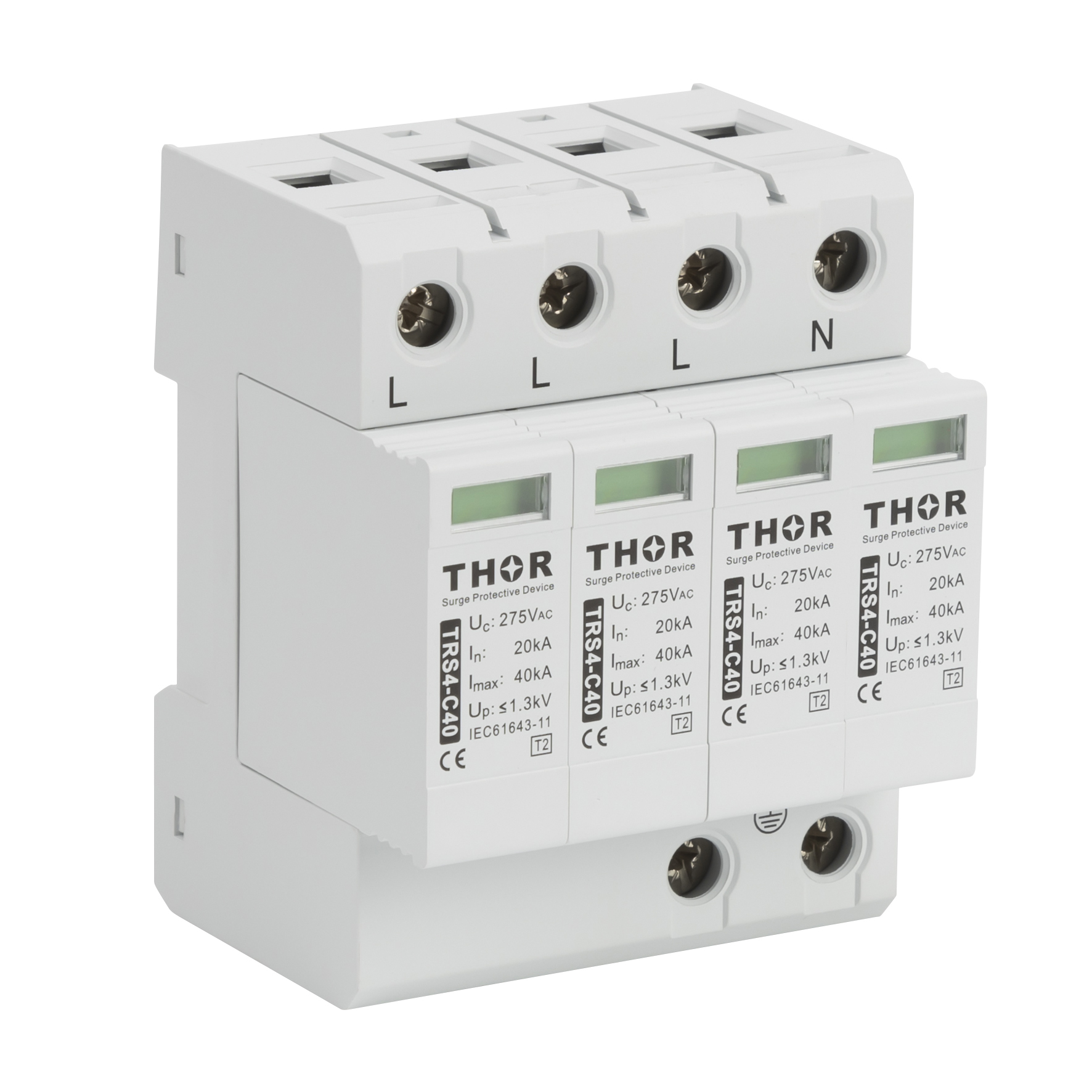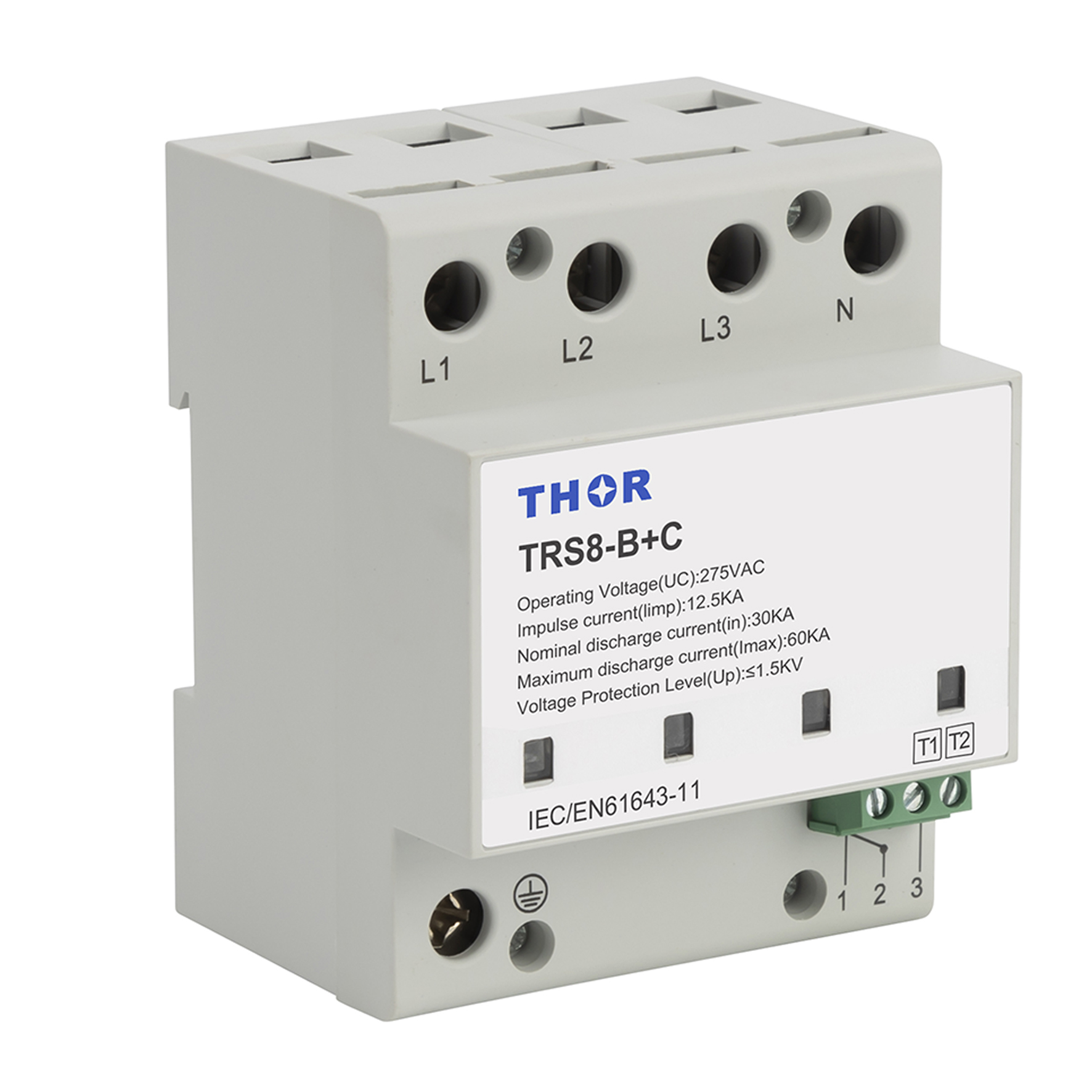HVAC surge protectors are crucial; 60% of power surges occur internally, not just during storms. Investing $100-$300 in proper surge protection can save you from potential repair costs of $1,200-$2,800.
Introduction
Surge protectors are often overlooked when discussing HVAC systems, in part due to some common misconceptions. However, they are essential to protecting your HVAC investment. Surge protectors act like a safety system for your HVAC unit, protecting it from sudden surges in voltage that can cause serious damage. Let's learn why surge protectors are essential by looking at real-world scenarios and debunking some common misconceptions.
Myth 1: HVAC Systems Are Already Protected
The Truth About in Built Protection
This is an assumption that few homeowners have, which is to think their HVAC system has enough safety guards against unexpected power surges. Even if your newer HVAC unit does have a few short little mitigate the risks, those may not be sufficient enough to combat very large surges. Circuit breakers and fuses, protect electrical overloads, but too slowly to prevent a surge from damaging the delicate inner workings of your HVAC unit.
The Impact of Surge Protection Spares
A damaged compressor can cost $1,200 to $2 800 if there is a need of replacement and depending on the size of your unit it might end up more or less. This is in contrast to surge protector installation costs which tend to cost around $100-$300. Protect your HVAC unit with a surge protector that will not only help you avoid costly repairs but also spare the headache of having to repair an air conditioner when it is needed most.
Consideration of Inherent Protections available
HVAC systems are protected to some extent, but remember that they are meant only for small power spikes in electric lines. Some of this power can charge battery banks, but particularly large spikes from nearby lightning strikes or system-wide grid switching events can overwhelm these protections. This is where extra surge protection becomes essential.
Why It Is a Good Idea Professional Installation
The next time you need to plug in, remember buying the hub is only half of what it takes to install a surge protector. Installation must be performed correctly in order to allow the device to offer required protection. A professional electrician could assess your HVAC system and identify the correct type of surge protector. They will also make sure it is installed properly which not only keeps your investment secure, but ensures that you get maximum life from the filter.

Myth 2: You Just Need Surge Protectors in Storm Prone Areas
Everyday Electrical Surges
Many people mistakenly believe that if a surge protector is only meant for regions at high risk of storms. It could not be more wrong. Surges may happen anywhere, and they can occur at any time for whatever reason it is. The most common source of a power surge is actually the high-voltage turning on and off to run powerful electrical appliances such as refrigerators or air conditioners. These innocent little things may send tiny surges through your electrical system, wearing out delicate HVAC components over time.
Preventative Measures against Grid switching
Now consider a different situation where you are in residential area, and the utility company frequently turning on/off some part of electrical grid for inspection or load balancing. Any one of these switching events can produce a massive rise. An HVAC surge protector will prevent your gear from being fried by these utility-related surges. This is more than just a storm scenario but having power in any situation where the supply of electricity seems to be inconsistent.
Whole-House Protection Is Vital
Adding a whole-house surge protector at your electrical panel can keep all you home appliances and HVAC system safe. This full coverage is most important in a larger area (weathers are hard to predict). A whole-house surge protector can cost between $300 to $500, but what it might be saving your wallet thousands of dollars in repairs.

Myth 3: All Surge Protectors Are the Same
Understanding the Differences
Many people mistakenly believe that all surge protectors offer the same level of protection. This is a myth that can lead to choosing inadequate protection for your HVAC system. The truth is, surge protectors come in a variety of types and specifications, each designed for different levels of protection and specific applications.
Types of Surge Protectors
- Type 1 Surge Protectors: Installed at the main electrical panel, these protect against external surges from lightning or utility grid switching. They are the first line of defense.
- Type 2 Surge Protectors: These are installed at sub-panels or directly at HVAC units and protect against surges from within the home.They offer localized protection.
- Type 3 Surge Protectors: Typically, these are power strips with built-in surge protection for individual devices.They provide point-of-use protection.
Key Specifications to Consider
- Joule Rating: This indicates the energy absorption capacity.A higher joule rating means better protection.For HVAC systems, a protector with at least 1,000 joules is advisable.
- Clamping Voltage: This is the voltage level at which the protector activates.Lower clamping voltage means the protector reacts sooner to a surge.Look for a clamping voltage of 400V or less for optimal protection.
- Response Time: This is how quickly the protector reacts to a surge.A faster response time (less than 1 nanosecond) means better protection for your HVAC system.
